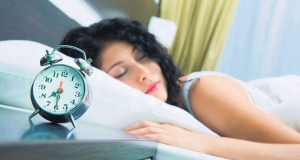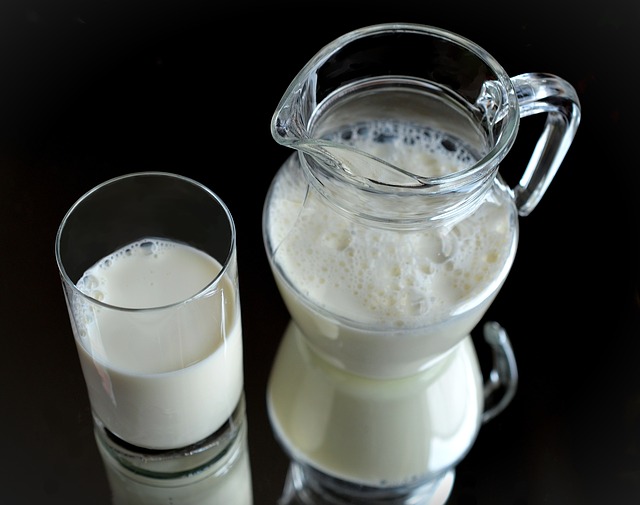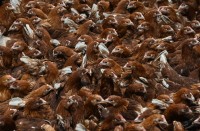
WASHINGTON, Sept. 1 (PNA/Xinhua) — People who sleep six hours a night or less are more likely to catch a cold, U.S. researchers said Monday.
The findings, published in the U.S. journal Sleep, added to growing evidence of the importance of sleep for our health.
“It goes beyond feeling groggy or irritable,” lead author Aric Prather, assistant professor of psychiatry at the University of California, San Francisco, said in a statement. “Not getting enough sleep affects your physical health.”
For the study, 164 adults underwent two months of health screenings, interviews and questionnaires to establish baselines for factors like stress, temperament, and alcohol and cigarette use.
The researchers also tracked their sleep patterns for seven days using a watch-like sensor that measured the duration and quality of sleep throughout the night.
Then, the participants were sequestered in a hotel, administered the cold virus via nasal drops and monitored for a week, collecting daily mucus samples to see if the virus had taken hold.
They found that subjects who slept less than six hours a night were 4.2 times more likely to catch the cold compared to those who got more than seven hours of sleep, and those who slept less than five hours were 4.5 times more likely.
“Sleep goes beyond all the other factors that were measured,” Prather said. “It didn’t matter how old people were, their stress levels, their race, education or income. It didn’t matter if they were a smoker. With all those things taken into account, statistically sleep still carried the day and was an overwhelmingly strong predictor for susceptibility to the cold virus.”
Scientists have long known that sleep is important for our health, with poor sleep linked to chronic illnesses, disease susceptibility and even premature death. Prather’s previous studies have shown that people who sleep fewer hours are less protected against illness after receiving a vaccine. (PNA/Xinhua)







